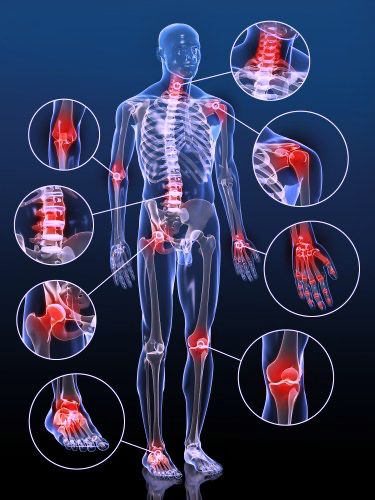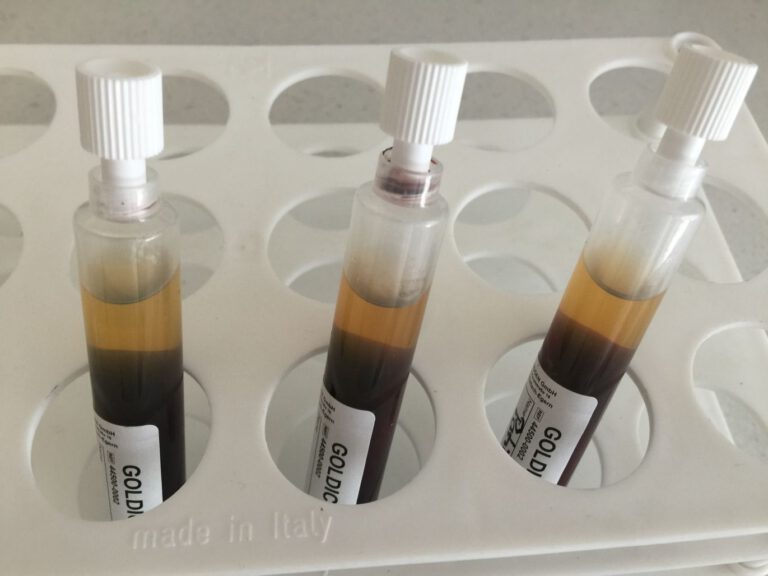The inflammatory response.

Can you imagine that there is a connection between a sports injury and a heart attack, gingivitis and a stroke, a wound healing disorder and Alzheimer‘s disease, or an infection and cancer? What sounds strange at first has a legitimate background, because the events and diseases mentioned have a common interface: the inflammatory response.
Recent medical findings have shown that an inflammatory condition is poison to the body and is thought to play a crucial role in the development of cardiovascular disease, cancer, diabetes mellitus, gastric ulcers, chronic inflammatory bowel disease, nervous disorders such as Alzheimer‘s disease, joint disease, and others.
Inflammation is a complex process to protect the organism against injury and infection. It is very important to realize the specific responses of the body to various inflammatory reactions; this is the key to the treatment of many common diseases.
It is the reaction to an external or internal stimulus with the purpose of eliminating or inactivating it. Thus, inflammation does not initially represent a disease. Instead, it indicates that the body has initiated a defensive reaction of the immune system with the onset of inflammation and that the healing process is in full swing.
The causes of inflammatory reactions can be biological stimuli such as pathogens (e.g., viruses, bacteria, etc.), as well as physical and chemical stimuli (e.g., pressure, injuries, heat, cold, etc.) and many others. Signs of inflammation are redness, swelling, hyperthermia, pain, and functional limitation. There is no organ or body part that cannot be affected by inflammation, although there are of course differences in frequency. Depending on the course of an inflammation, a distinction can be made between acute, chronic, per-acute, and recurrent inflammations.
Acute inflammation proceeds rapidly and through three typical stages. These serve successively to rid the tissue of the damaging substances, to destroy the pathogens, to prevent their spread and to repair the affected tissue.
When an acute inflammation turns into a chronic inflammation, physicians speak of the secondary chronic variant (e.g., bronchitis). Primary chronic inflammation, on the other hand, does not arise from acute inflammation. Autoimmune diseases (e.g., arthritis, rheumatism, Crohn’s disease, multiple sclerosis, etc.) belong to these primary chronic inflammations. Autoimmune diseases play a special role because the immune system attacks and damages its own body. In an autoimmune disease, the body mistakenly fights itself. They can affect any organ system in the body and therefore also trigger completely different clinical pictures.
Autologous blood products such as platelet-rich plasma (PRP), autologous conditioned serum (ACS) as well as stem cells and conditioned serum rich in cytokines by utilizing specialized gold particles are also used to treat inflammatory diseases and disorders.


